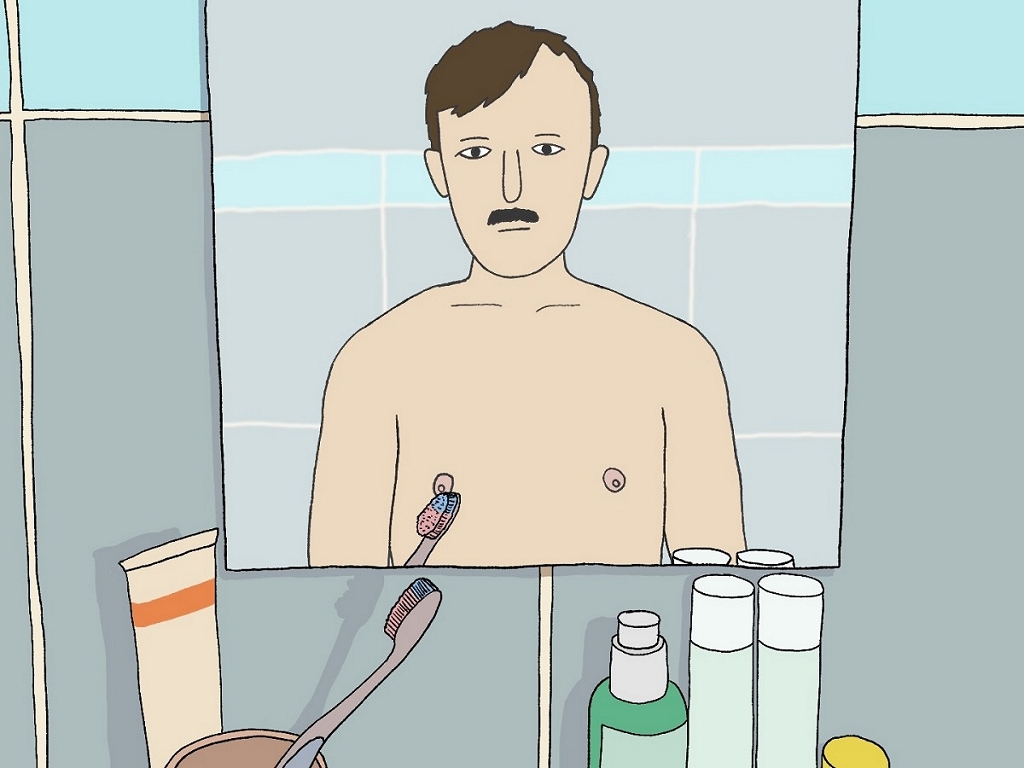More expenses for the home and travel, less restaurants: how consumers change (while savings decrease)

European consumers nourish conflicting feelings according to McKinsey’s analysis. French pessimistic, happier Spaniards, Italians also worried about security. Inflation affects and the savings erro are eroded. The wages wages still
European consumers nourish conflicting feelings towards the economy, according to the last Research conducted by McKinsey in Italy, France, Germany, Spain and the United Kingdom. Four factors that influence them: the general perspectives, the purchase habits, the intention of purchase by category and the willingness to spend. The French are the most pessimistic for future consumption (32%). The Spaniards the most optimistic (32%). In Italy, those who declare themselves pessimists decrease, who go from 23% in the last quarter 2024 to 18% in the first quarter of 2025.
Fears for inflation and safety
Among the fears the increase in prices and inflation. Immigration, climate change and international conflicts also worry. In Italy, apprehension for personal security is growing. Although, overall, consumers continue to fear inflation, 61% said that their income was almost unchanged compared to the last three months. At the same time, 38% said that the expenses have increased in the last three months and 43% have declared that savings have decreased. These dynamics widely reflect what is reported by consumers at the end of 2024.
The will to spend the food at home drops
Consumers of all European countries have expressed their intention to reduce spending for different categories of discretionary goods. Food delivery apps, entertainment outside the home and restaurants were three discretionary categories in which consumers expressed their intention to spend less. As spring approaches, consumers have reported a predictable increase in spending intentions for home and gardening supplies, as well as for categories related to summer holidays (such as hotel reservations).
The Spaniards spend for cruises and hotels
It is worth noting that the intention of consumers to spend on travel was higher in the first quarter of 2025 compared to the same period of 2024, Although the methods and places where European consumers have declared they want to spend on travel vary. Spanish consumers said they wanted to spend more on cruises and hotel stays; French and Italian consumers said they wanted to spend more on international flights.
In Italy the expenditure for accessories is reduced
German consumers, on the other hand, said they wanted to increase spending on national flights and hotel stays. The data have an exception: In the United Kingdom, consumers declared a decrease in the intention to spend for most of the travels related to travel. In Italy, accessories, jewelry, house and furnishing supplies are among the categories where they expect to reduce the shopping.
The push of the second hand
The percentage of consumers who declared that he had purchased at lower prices remained almost unchanged compared to the previous quarter. The adaptation of the amount of purchases and the choice of retailers at lowest prices were the two most common behaviors of reduction of purchases reported in Europe. The Gen Zs of the 5 European countries subject to the investigation have recorded the highest percentages of purchase of second -hand products Compared to any other age group, followed by the millennials. The income played a limited role in determining whether consumers of each European nation interviewed have declared to make downward purchases.
The experiential value of the Silver Economy
The oldest consumers show a greater propensity for travel and restaurants, while the younger ones privilege clothing. This difference is linked to the growing preference for experiences with respect to material goodsa trend that becomes more marked by advancing age. In addition, the pressure due to the increase in the cost of living accentuates this dynamic, since the older consumers, having accumulated greater wealth, can afford higher expenses. While young people are forced to make choices.
READ ALSO









:format(webp)/s3/static.nrc.nl/images/gn4/stripped/data133314127-765aec.jpg)